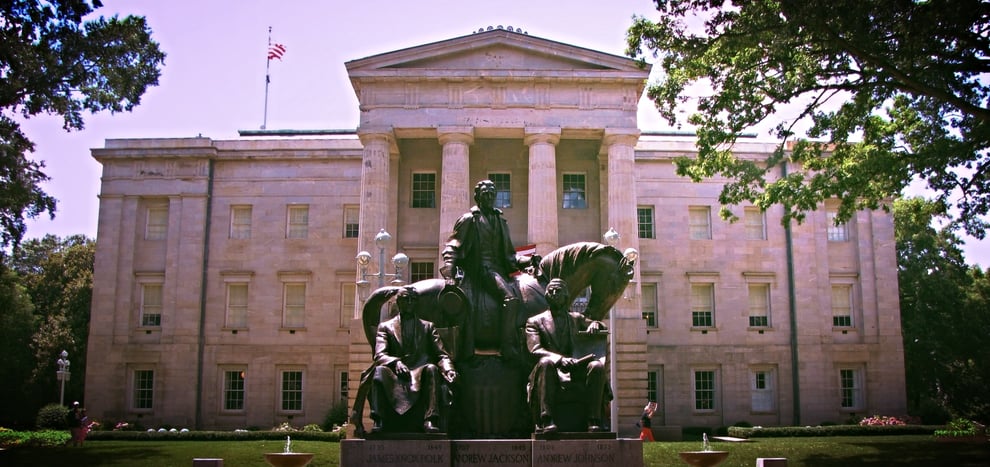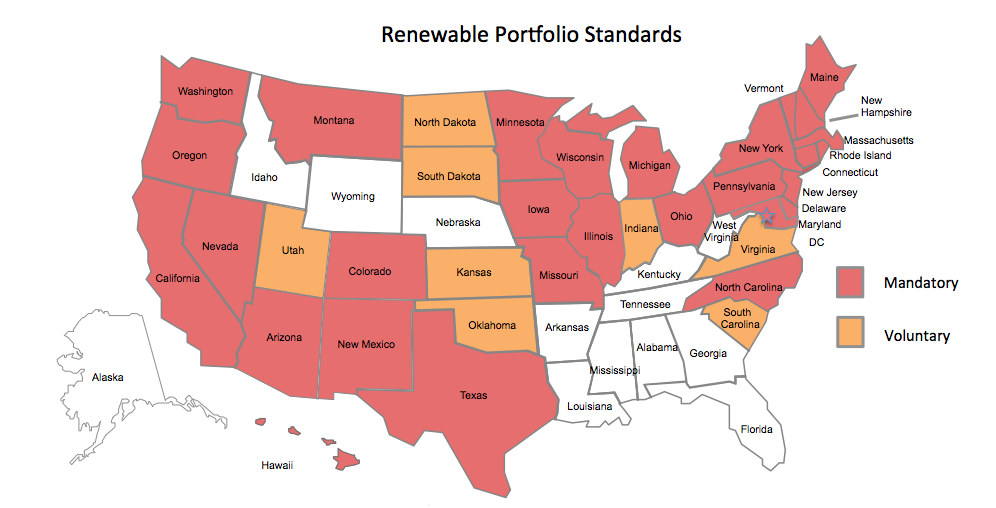
Ending the longest legislative session in 13 years, the North Carolina General Assembly adjourned on Wednesday, Sept. 30. It was a busy, and contentious, session for the advanced energy industry, and results were mixed. Due to the tireless efforts of the North Carolina Sustainable Energy Association (NCSEA), AEE’s partner in the Tar Heel State, the state’s Renewable Energy and Energy Efficiently Portfolio Standard remains intact. But a tax credit that has made North Carolina a national leader in solar power development was allowed to lapse after this year.



